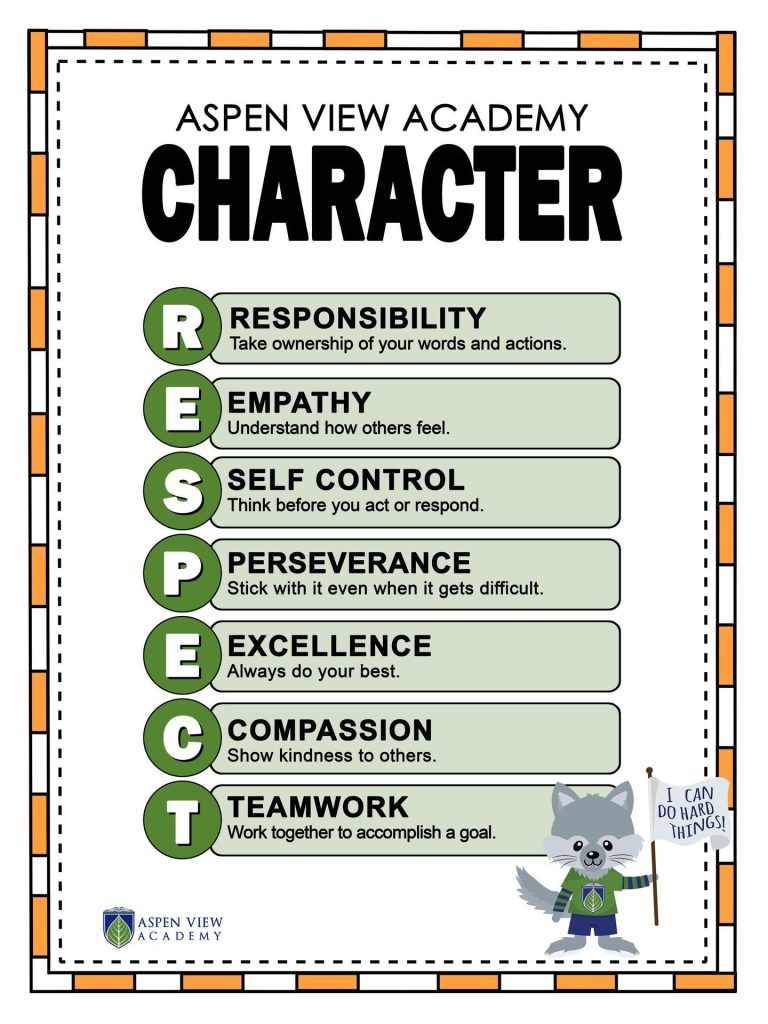Parental Guide: Navigating the Teen Years

Ah, the tumultuous teenage years - a time when hormones run wild, emotions are on a rollercoaster ride, and parents are left scratching their heads wondering what happened to their sweet, obedient child. Fear not, dear parents, for we have crafted the ultimate guide to help you navigate through the treacherous waters of raising a teenager. So grab a life jacket, buckle up, and get ready for the wild ride ahead!
Understanding Teen Brain Development
Have you ever wondered why your teenager acts like they have a brain made of spaghetti? Well, that’s because they kind of do! Teen brain development is a wild ride, filled with twists, turns, and a whole lot of confusing decisions.
First off, let’s talk about the prefrontal cortex. This part of the brain is like the CEO, in charge of decision-making and impulse control. Unfortunately, in teenagers, this area is still under construction. Think of it like trying to run a Fortune 500 company with a lemonade stand brain.
And then there’s the limbic system, responsible for emotions and rewards. This part of the brain is on overdrive during the teenage years, leading to intense mood swings and risky behavior. It’s like having an emotional roller coaster in your head, with no seatbelt!
So, the next time your teenager does something that leaves you scratching your head, just remember – it’s all part of the wild and wacky world of teen brain development. Just hang on tight and enjoy the ride!

Addressing Common Teen Behaviors
Has your teenager been exhibiting some not-so-great behaviors lately? Don’t worry, you’re not alone! Teenagers are known for pushing boundaries and testing limits, but there are ways to address these common teen behaviors without losing your cool.
First and foremost, it’s important to pick your battles. Not every eye roll or sarcastic comment is worth getting worked up about. Focus on the behaviors that truly cross the line, like disrespect or dishonesty.
When addressing these behaviors, communication is key. Talk to your teen openly and honestly about why their behavior is unacceptable, and listen to their side of the story as well. Finding common ground and understanding each other’s perspectives can help resolve conflicts more effectively.
And remember, it’s okay to seek outside help if you’re feeling overwhelmed. Whether it’s a therapist, counselor, or trusted friend, having a support system can make a world of difference in navigating the ups and downs of parenting a teenager.

Setting Clear and Consistent Boundaries
Setting boundaries is kind of like establishing a force field around your personal bubble. You wouldn’t let a random stranger walk up and invade your space, so why let people walk all over your emotional boundaries?
When setting boundaries, it’s important to be clear and consistent. Think of it like training a puppy – you have to be firm and stick to your rules or else they’ll run all over you. Here are some tips:
- Communicate your boundaries effectively – don’t beat around the bush or drop hints like a bad detective novel. Be direct and to the point.
- Enforce consequences for crossing your boundaries - maybe not as extreme as sending someone to the doghouse, but make sure there are repercussions for not respecting your boundaries.
Remember, setting boundaries isn’t about being mean or rude, it’s about valuing yourself and your emotional well-being. So, grab your invisible fencing and start establishing those boundaries like a pro!

Encouraging Open Communication
is key to a healthy work environment. It’s like trying to cook a meal without turning on the stove – you’re just not going to get anywhere! So, let’s spice things up and get the conversation flowing, shall we?
First things first, let’s break down those communication barriers like some kind of office ninja. Encourage everyone to speak up and share their thoughts and ideas – no idea is too small or too crazy (unless you’re suggesting we replace our coffee with vinegar, in which case, please keep that idea to yourself).
Next on the agenda, let’s play a little game of “Pass The Talking Stick” – without the actual stick, of course (we don’t want HR getting involved). Give each person a chance to speak without interruption and make sure they feel heard. Remember, communication is a two-way street, not a one-way ticket to Awkwardville.
And last but not least, let’s embrace the power of emojis and gifs! Who needs words when you have a dancing cat gif to express how excited you are about that new project? Just remember, with great emoji power comes great responsibility – use them wisely, my friends. Let’s keep those lines of communication open and flowing like a fountain of creativity and teamwork!
Recognizing Signs of Mental Health Concerns
Have you ever wondered if your cat’s incessant meowing is a sign of something more than just their desire for treats? Well, it turns out that in our furry friends is just as important as recognizing them in ourselves. Here are some key things to look out for:
- Excessive grooming: If your cat is spending more time grooming themselves than usual, it could be a sign of anxiety or stress.
- Avoidance behaviors: Is your cat suddenly hiding more often or avoiding interaction with you? This could be a sign that something is bothering them.
- Aggression: If your cat is acting out in aggressive ways, such as biting or scratching, it could be a sign of underlying mental health issues.
Remember, just like humans, cats can also experience mental health concerns. By staying alert to these signs and seeking help when necessary, you can ensure that your furry friend is getting the support they need to live a happy and healthy life.
Navigating Social Media and Technology Use
Let’s face it, navigating the world of social media and technology use can feel like trying to find your way through a maze blindfolded. With new trends popping up faster than you can say ”selfie”, it’s easy to get lost in the shuffle. But fear not, brave digital explorer, for I have some tips to help you survive the wild world of the internet.
First things first, remember that not everything you see online is true. Just because your favorite influencer swears by a certain product doesn’t mean it will work miracles for you. Take everything with a grain of salt (or a whole shaker, if you’re feeling skeptical).
Secondly, limit your screen time. It’s easy to get sucked into the black hole of endless scrolling, but your eyes will thank you for taking a break every now and then. Go outside, read a book, or maybe even have a face-to-face conversation with an actual human being. The possibilities are endless!
Lastly, don’t be afraid to unfollow, block, or mute anyone who brings negativity into your online world. Life is too short to deal with trolls and haters. Surround yourself with positivity and good vibes, and watch your digital experience improve tenfold. Happy exploring, fellow internet adventurers!
independence-and-responsibility”>Supporting Teen Independence and Responsibility
Being a teenager is tough, but supporting their independence and responsibility can make the journey a bit smoother. Here are a few tips to help guide your teen through this challenging time:
Encourage your teen to take on more responsibilities at home. From doing laundry to cooking dinner, giving them tasks around the house will not only help them develop important life skills, but also give you a break from all the chores!
Allow your teen to make decisions on their own. Whether it’s choosing what to wear or deciding on weekend plans, give them the freedom to make choices and face the consequences. This will help them learn how to make their own decisions and take responsibility for them.
Teach your teen how to manage their time effectively. Help them create a schedule for schoolwork, extracurricular activities, and downtime. Remind them that it’s okay to say no to things that will overwhelm them, and encourage them to prioritize tasks.
FAQs
1. How can parents survive the dreaded teenage eye roll?
Well, there are a few strategies you can try. You can always respond with your own dramatic eye roll, just to show them you’re not easily defeated. Or you could start a game where you award points for the most exaggerated eye roll of the day. The key is to not take it too seriously – after all, it’s just a phase!
2. What do you do when your teenager insists they know everything?
First of all, take comfort in the fact that this too shall pass. But in the meantime, try to engage them in a conversation where they are the expert. Ask them for advice on something mundane, like what to eat for dinner or how to do laundry. It might just remind them that they still have a lot to learn.
3. How can parents navigate the murky waters of teenage romance?
Ah, young love – what a treacherous journey! The best approach is to be supportive but not overly involved. Encourage open communication with your teen about their relationships, without prying too much. And of course, be prepared to offer plenty of tissues and chocolate when things inevitably go south.
Surviving the Teen Years: You Can Do It!
Congratulations, you made it through our parental guide on navigating the teen years! While these years can be challenging and at times downright exhausting, just remember that you are not alone. With a little patience, a touch of humor, and a whole lot of love, you can successfully guide your teenager through this tumultuous time.
So take a deep breath, remind yourself that this too shall pass, and keep on parenting like the superhero that you are. And if all else fails, remember that laughter is the best medicine - even if it’s just to keep you from crying. Good luck, parents! You got this!






